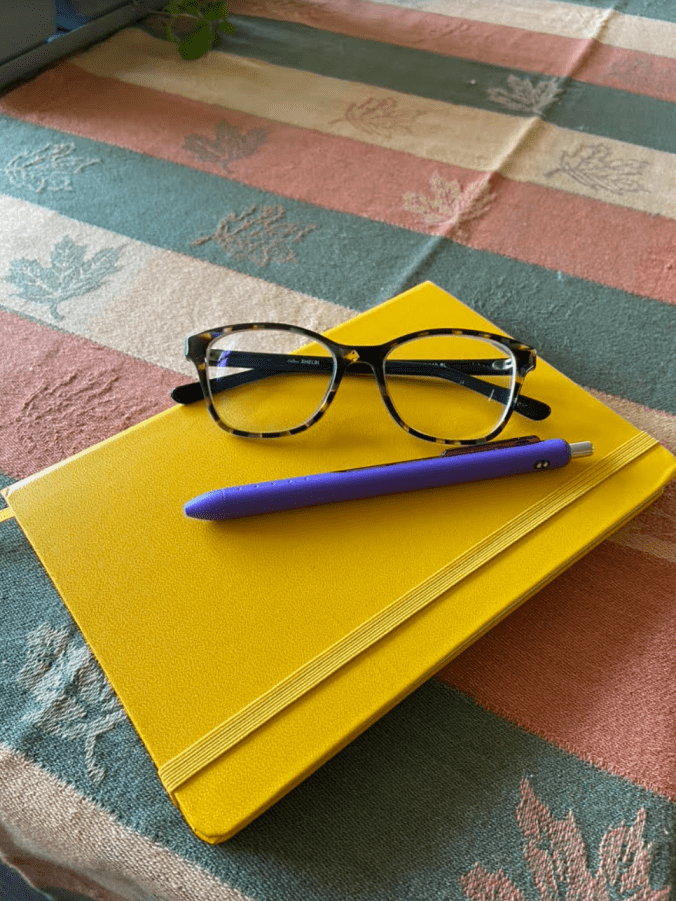Cursor blinks at me innocently
Upon the Times throne it resides.
Expectant, it waits for prose
from marionette hands.
Epiphany strikes,
castling queenside.
Cursor reigns;
Pawned, I
Write.
Happy National Poetry Writing Month! Often affectionately referred to as NaPoWriMo, the month of April serves to celebrate readers and writers alike with the optional creative challenge of writing a poem a day for its 30-day duration. It was this time last year that I had stumbled upon one of these daily prompts to compose a nonet. This type of poem required the specific format where the first line has nine syllables, the second line has eight, and so forth until you reach the last line, which would be just one syllable. Prompts such as these are one of the many reasons I enjoy poetry and creative writing. With the purposeful placement and selection of specific words, if not syllable) — all to evoke heart-soaring, quiet, twisting, triumphant, and resonant emotions—with such tenderness and care, it is very hard not to be enamored by a poet’s craftsmanship. In my humble, nerdy opinion. The untapped potential and overwhelming multitudes of possibility are what makes a blank page all the more exciting and dreadful at the same time.
Therefore during last April, I was inspired by my intensive rewatch of The Queen’s Gambit and by the mockery of slow progress on an assignment (most assuredly was not an Honors project or anything… definitely just a typical report…) to compose the nonet for the NaPoWriMo prompt. I found that writer’s block, if not writing itself, is acutely similar to a match of chess. Each move and paragraph is purposeful in building upon its prior movements to achieve a desired narrative, whether that’s checkmate or a defense of a three-point thesis.
Continue reading





